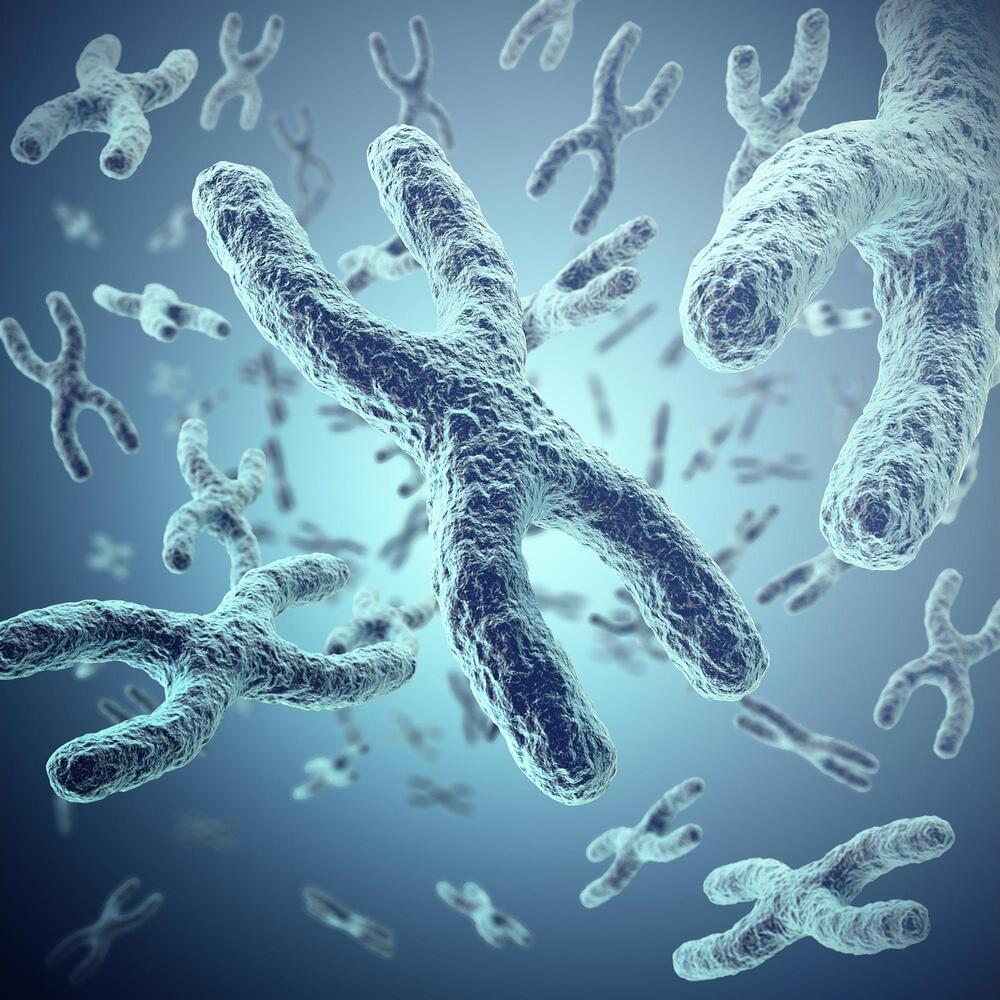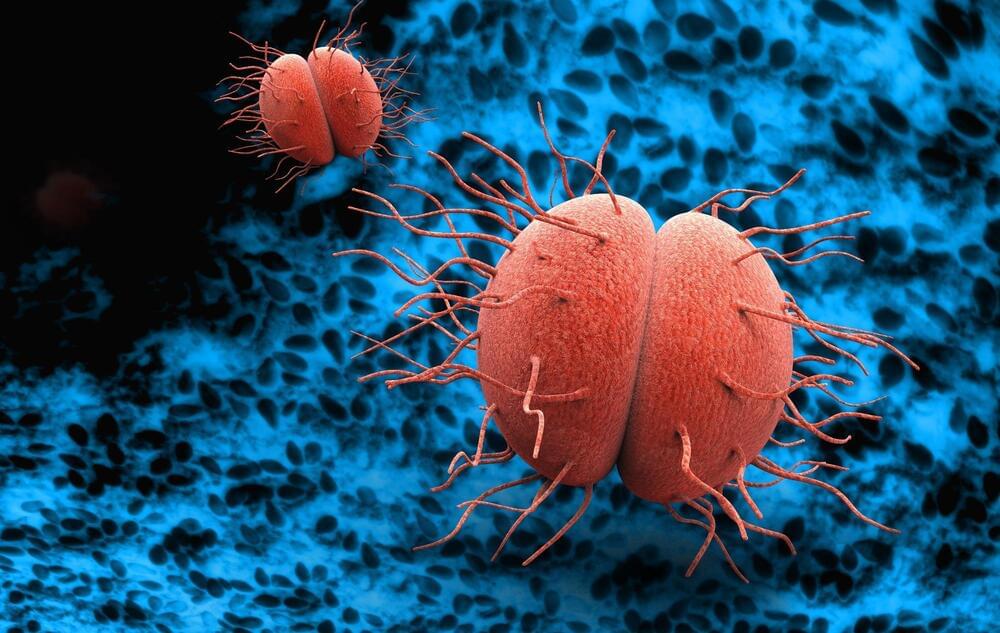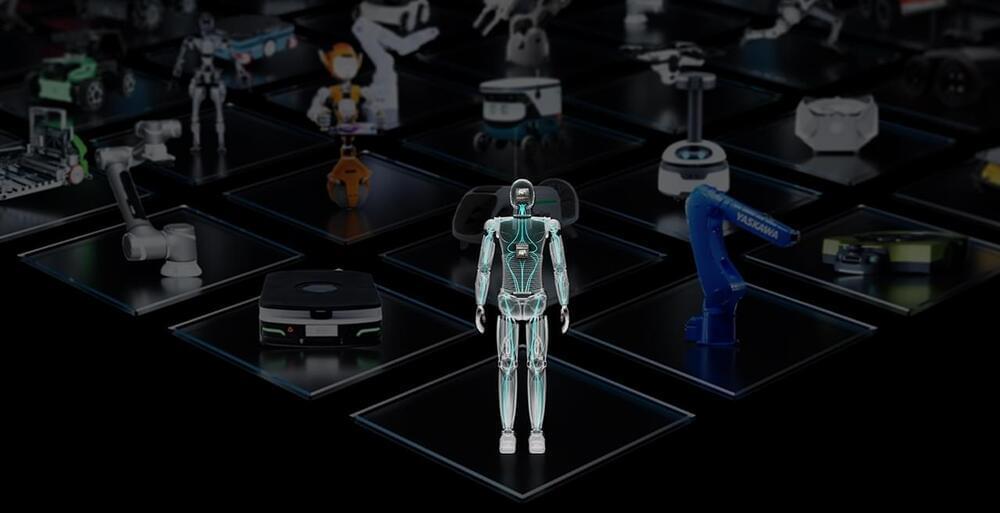Ok, that was an unexpected turn on my feed. Just had to share. Cool, portable robot that fits in a backpack.
Conquer the Wild | LimX Dynamics’ Biped Robot P1 ventured into Tanglang Mountain Based on Reinforcement Learning ⛰️
⛳️ With Zero-shot Learning, non-protected and fully open testing conditions, P1 successfully navigated the completely strange wilderness of the forest, demonstrating exceptional control and stability post reinforcement learning by dynamically locomoting over various complex terrains.
⛳️ P1 is LimX Dynamics’ innovative point-foot biped robot, serving as an important platform for the systematic development and modular testing of reinforcement learning. It is utilized to advance the research and iteration of basic biped locomotion abilities. The success of P1 in conquering forest terrain is a testament to LimX Dynamics’ systematic R\&D in reinforcement learning.
⛳️ Beyond locomotion, LimX Dynamics continues to make breakthroughs in manipulation and loco-manipulation on humanoid robots, with more developments to be shared in the future.








